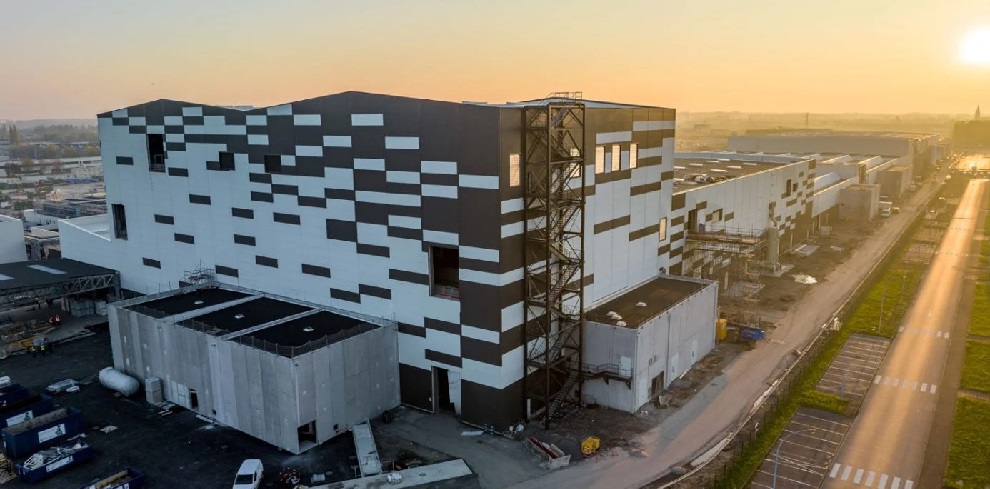The Italian government has announced it will reduce the public subsidy allocated to the Automotive Cells Company (ACC) factory, whose shareholders include automotive giants Stellantis and Mercedes-Benz, due to the company’s refusal to provide a specific timeline for the plant’s development.
Following several delays caused by a slowdown in electric vehicle (EV) demand in Europe, ACC has halted production at its Termoli plant on Italy’s eastern coast, and has also suspended construction of the factory in Kaiserslautern, southwest Germany.
Initially, the company had announced an investment of up to seven billion euros in three plants across Europe.
However, it has now frozen its operations while it assesses the future of the automotive sector.
This move by the Rome government comes just days after Stellantis announced the suspension of production for the electric Fiat 500 model for four weeks—initially until October 11—due to weak customer demand.
According to trade unions, the group’s factory in Turin has produced 18,500 cars since the beginning of the year, compared to 52,000 for the same period in 2023, marking an 83% decrease.
At this rate, 2024 could close with a production figure close to 20,000 units, a far cry from the 200,000 vehicles needed to keep the plant operational.
Meanwhile, in July, Giorgia Meloni admitted to considering the possibility of expropriating Stellantis’ rights to two historic Italian car brands, Autobianchi and Innocenti, to offer them free of charge to a Chinese manufacturer such as BYD, Chery, Dongfeng, or Great Wall Motors, with the aim of revitalising their vehicles.
Read more: European regulatory jungle? eMobility sector calls for common policies to progress







